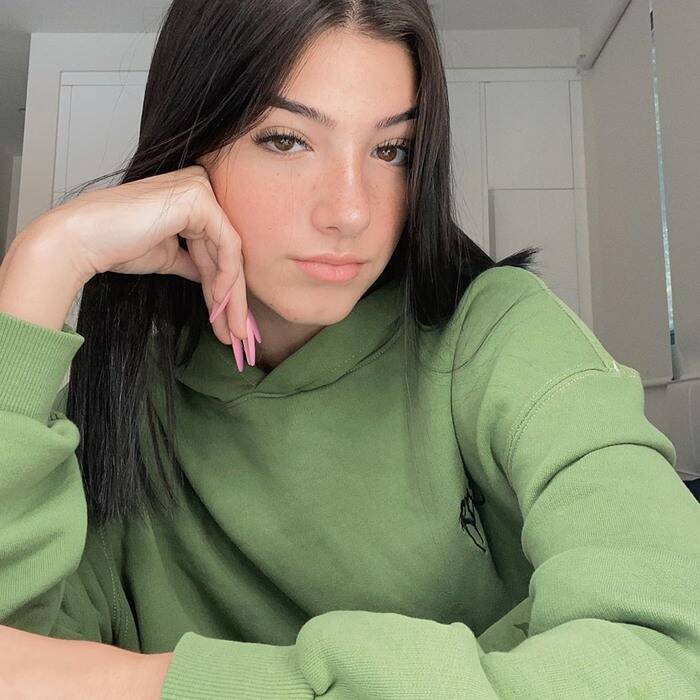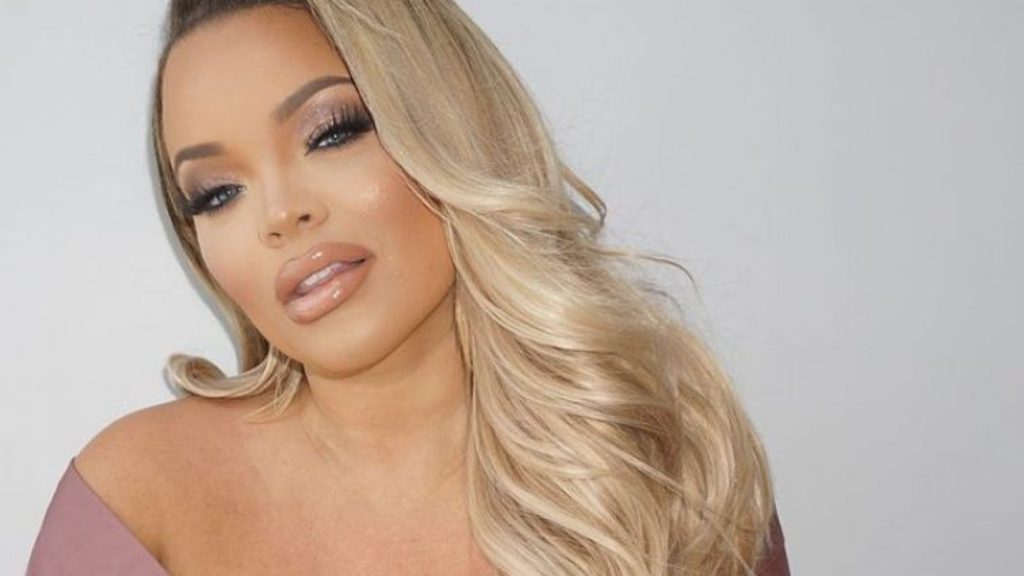The internet has long been obsessed with accountability, and though that concept has taken many forms over the last several years, cancel culture is a rapidly growing practice that has taken social media by storm.
From Shane Dawson to Ellen DeGeneres, it seems that nearly every public figure has been called out for inappropriate behavior that audiences deem inexcusable. But is it effective? Does cancel culture actually address those issues, or does it merely give problematic celebrities more clout to feed off of?

Back in August, popular TikToker Charli D’Amelio was “canceled” over a leaked video depicting her vaping. The video sparked a heated debate on Twitter, with the sixteen-year-old at the center. The outrage at the video was uncalled for and entirely unnecessary. A video posted without her permission, showing her partaking in something that isn’t abnormal for someone of her age to be interested in, became the basis for hateful comments that scrutinized a teenager for being a teenager. In the end, the event was just a scapegoat for bored, quarantined individuals to participate in public shaming for the sake of having something to do.
In this case, cancel culture diminished the reputation of someone who didn’t deserve the hostility so brutally targeted at them. However, some figures are unaffected by and even flourish from mass hate.

Trisha Paytas, a social media personality with a knack for the controversial, seems to be un-cancellable. From self-diagnosing herself with dissociative identity disorder to culturally appropriating and spreading misinformation about Jewish traditions, she’s built a brand entirely off of being problematic. Boasting more than five million subscribers across her two YouTube channels, Paytas has even admitted that she thrives off of the attention. Instead of being held liable for her harmful and offensive behaviors, cancel culture has only given her more of a platform to continue those antics.
Rapper R. Kelly had his entire career destroyed by cancel culture. In 2019 he was arrested on ten counts of sexual abuse of four women, three of whom were minors at the time of the alleged assaults. His concerts were canceled, his fanbase diminished, and he has effectively been “canceled”. The difference between the singer and the previously mentioned examples is that he had his entire platform taken away, and it was justified. However, when cases like his in which a terrible person who has done terrible things are treated the same as a leaked video of a young girl vaping, the potency of cancel culture is severely diluted.
When the entire purpose of cancel culture is centered around humiliating a public figure, less emphasis is placed on actually confronting the reasons a person is being canceled for in the first place. After all, isn’t the purpose of accountability to help a community grow from one another’s mistakes? Apology videos aren’t watched, profiles are blocked, and people move on without ever caring if a celebrity has made progress from their faults. It’s an inherently damaging mentality to maintain because it diminishes others to their worst mistakes. Those like Trisha Paytas who only use cancel culture as a way to propel their careers, and those like Charli D’Amelio who are wrongfully attacked for their actions, don’t get what they deserve. The culture also heavily discourages making mistakes, an important part of human development.
Even though the severity of their actions varied greatly, Charli and Trisha were met with nearly the same amount of audience backlash. Having an opinion on the actions of celebrities is entirely valid, but we can’t ignore the differences in the actions of both parties. Cancel culture relies on mob mentality to prosper, and though it’s easy to feed into the mindset that the opinion of the majority is best, oftentimes the views expressed are held by far fewer participants than the number of people who partake. Thus, the views of the public aren’t properly represented and those that should pay the price for their actions are treated the same as those who may have had a minor slip-up.
If we as a society are unable to address the unconstructive nature of cancel culture, we will continue to face the reality that there are virtually no benefits from the shaming of public figures. Instead, we should continue to educate ourselves and others about potentially offensive or ignorant behavior and have mercy on those that suffer from the condition of being human. Destigmatize making mistakes, stop looking for excuses to hurt people who haven’t done anything wrong, and don’t give more of a platform to those that crave attention. Together, we can work towards a brighter, more accepting future for social media and society as a whole.
